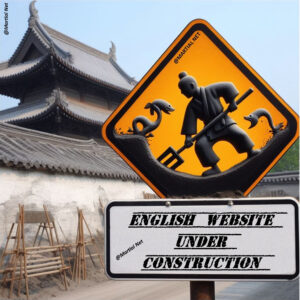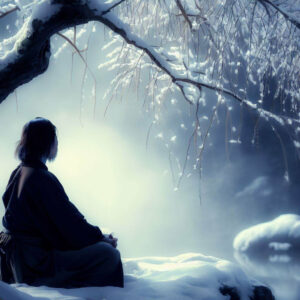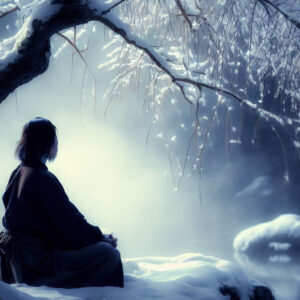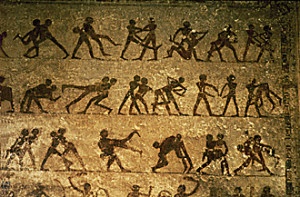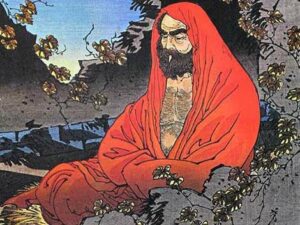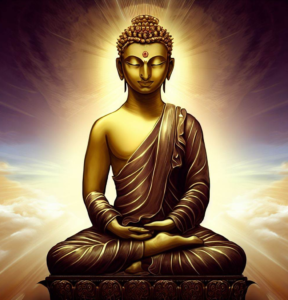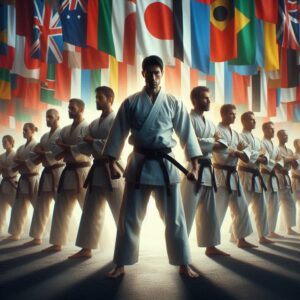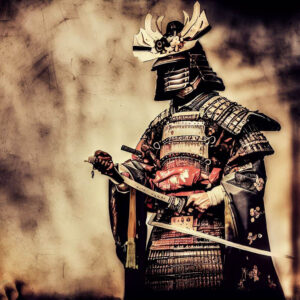Legend of the Willow
Origins of Jujutsu: Shirobei Akiyama
The legend of the willow tree is a tale that explains the origin of jujutsu and the philosophy of Hontai Yoshin-ryu, one of the oldest traditional jujutsu schools. This story is narrated in a manuscript called Tenshin Shin’yo-ryu Taiiroku, which transcribes a conversation between Iso Mataemon Ryukansai Minamoto no Masatari, the founder of Tenshin Shin’yo-ryu, and Terasaki, one of his students.
According to the legend, many centuries ago, there lived a physician named Shirobei Akiyama. Tradition has it that during his travels to China to study traditional medicine and resuscitation methods, he also studied the combat methods of his time, including an art called hakuda, which consisted of striking with hands and feet, thus differing from jujutsu, which was composed more of grappling and throws. Akiyama learned three methods of hakuda and twenty-eight techniques of resuscitation from apparent death.
When he returned to Japan, he began to teach this art but, having few means, his students soon grew tired and abandoned him. Frustrated by his failure, he retired for one hundred days in meditation at the Daifazu temple to pray to the god Tayunin for improvement. During this time, he developed 303 different methods and applications of the art of hakuda.
One day, during a heavy snowfall, Akiyama observed that the weight of the snow had broken the branches of the most rigid trees, leaving them bare. Shirobei Akiyama’s eyes then fell upon a tree that had remained intact: it was a willow, with flexible branches. Each time the snow, accumulated on the branches, threatened to break them, they bent to free themselves of its weight and immediately resumed their original position. Akiyama understood that strength did not lie in resistance, but in adaptation and yielding. Thus, he created a new martial art that incorporated the principle of the willow, the Yoshin-ryu (school of the spirit of the willow).
This doctrine was passed down to Takagi Shigetoshi, a samurai who served the lord of Shiroishi castle. Takagi was famous for his physical strength and his victories in combat. His father urged him not to rely solely on his strength, but also to develop his technique and elegance. To do so, he told him the story of the willow, which he had learned from Akiyama. Takagi was so impressed by this story that he changed his name from Takagi Oriemon to Yoshin-ryu Takagi Oriemon, to include the spirit of the willow in his lineage. Takagi also studied other martial arts, such as Takeuchi-ryu, and created his own school that combined the techniques of hakuda, jujutsu, and bujutsu.
This school was called Hontai Yoshin-ryu (original school of the spirit of the willow), to distinguish it from other schools derived from Yoshin-ryu. Hontai Yoshin-ryu still exists today and has been transmitting the techniques of unarmed combat and weapons for almost 400 years in an almost unaltered manner. The current headmaster is Soke Kyoichi Inoue Munemori, the 19th of a long and ancient tradition of Samurai.
